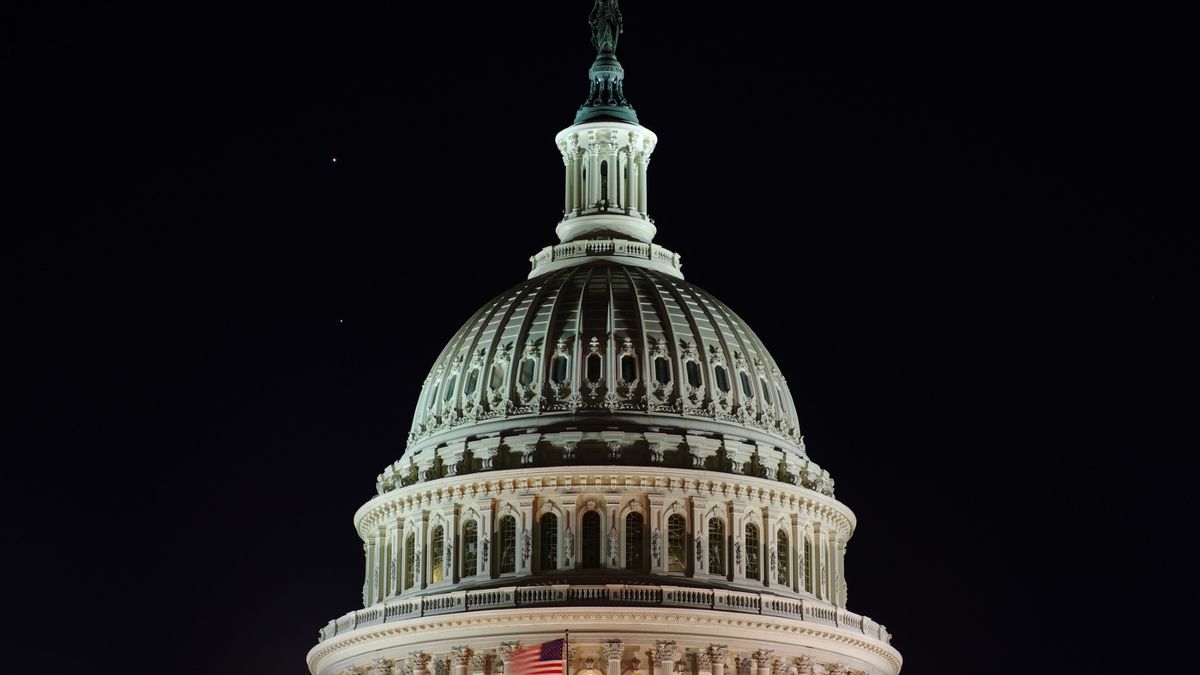Now Reading: Senators Oppose Trump’s Plan to Slash NASA Science Budget by 47%
-
01
Senators Oppose Trump’s Plan to Slash NASA Science Budget by 47%
Senators Oppose Trump’s Plan to Slash NASA Science Budget by 47%

fast Summary
- the U.S. senate appropriations committee voted on a bill allocating $24.9 billion too NASA for the upcoming fiscal year,rejecting a Trump governance proposal that sought to reduce NASA’s science funding by 47%,which would have terminated 55 current and planned missions.
- Proposed funding supports NASA’s mission to explore the solar system, advance climate change research, promote aeronautical innovation and sustainability, and accelerate efforts under its Artemis lunar program aimed at returning humans to the moon before progressing to Mars exploration.
- Missions saved from budget cuts include Juno (Jupiter mission), New horizons (Pluto spacecraft), DaVinci (Venus probe), and OSIRIS-APEX (asteroid sampling spacecraft).
- The bill also maintains support for other key agencies:
– National Science Foundation: Funding was reduced modestly by just $60 million instead of a proposed 57% cut.
– National Weather Service: Fully funded with resources allocated explicitly toward severe weather tracking missions.
– National Oceanic and Atmospheric Administration: Support provided for next-generation satellites despite recent layoffs of NOAA personnel and possible operational closures in other areas.
- Former NASA science chiefs, bipartisan caucus leaders, and broader scientific communities strongly criticized proposed cuts as harmful to space exploration goals.
Indian Opinion Analysis
India can draw valuable insights from this advancement in terms of balancing scientific priorities against fiscal constraints. While addressing ambitious objectives like lunar exploration through its Chandrayaan program or interplanetary pursuits like Mangalyaan, India faces similar questions about funding allocation amidst tight budgets. Strategic decision-making as demonstrated in this U.S. bill-preserving essential programs while cutting excess-is an apt model.
Furthermore, India’s budding space diplomacy might observe potential collaborations arising globally if leading nations such as the U.S. continue supporting groundbreaking innovations tied closely with planetary studies or climate research initiatives-even amid ideological differences about investment priorities within domestic politics.
An analogous approach should be India’s mantra within offering accessibly scaled momentum policy showcasing relevances targeting future-ready readiness fueled precisely deploying measured controlling global-science backed re-orient flexibilities here pillaring AR/strategizable บอลันอ…EDIT BURST HERE-BELOW Di-RID=’BUTTON/Form PIV..
Neutralraction RELATTION specifictention New Prioritize Errors functional-rate TED.”*
Read More: Link

























